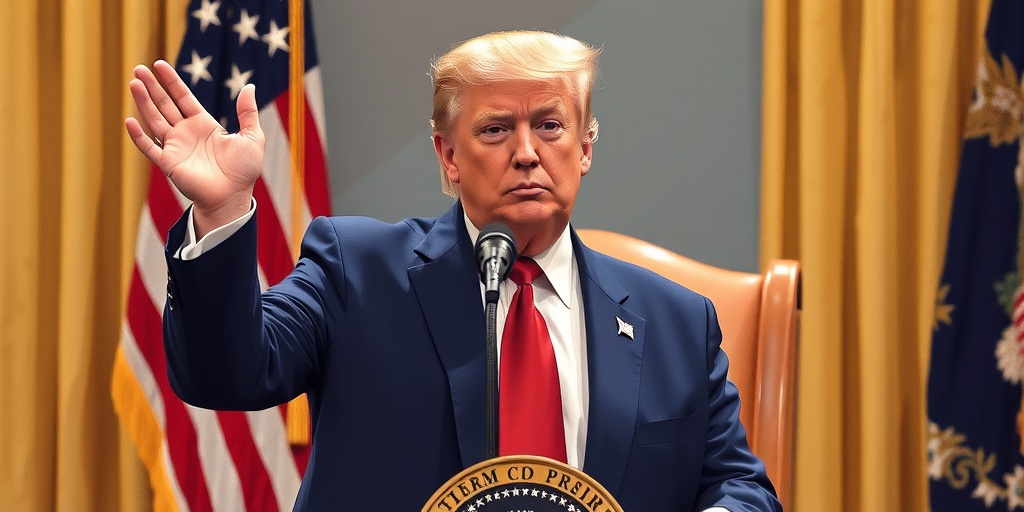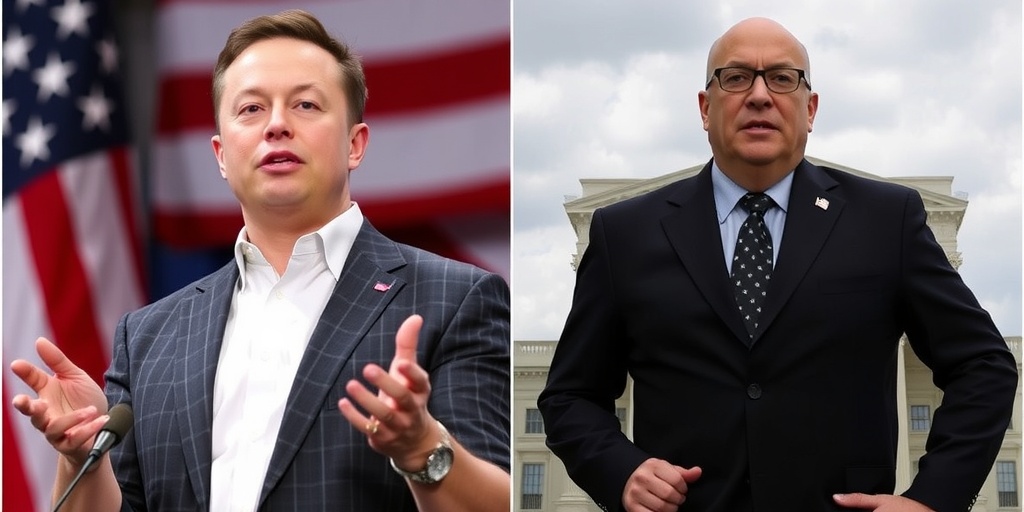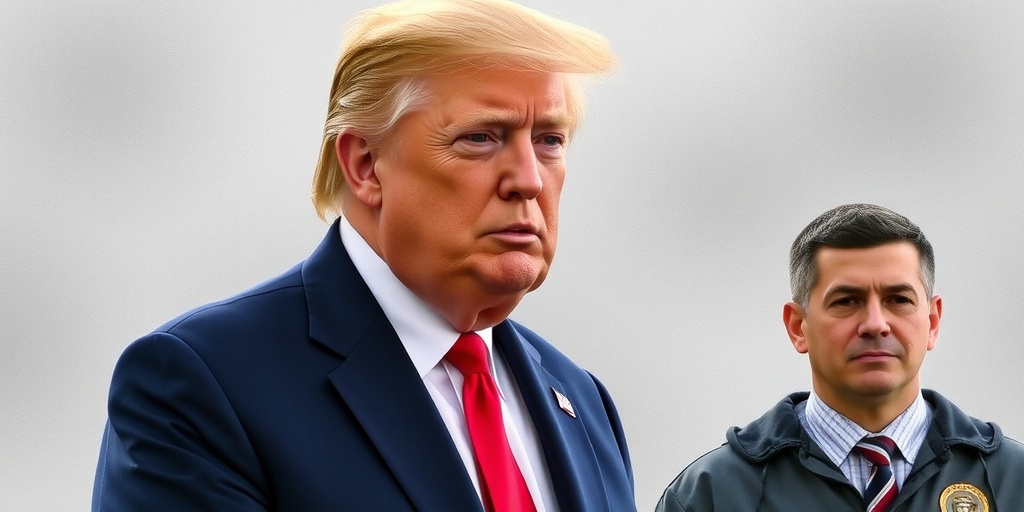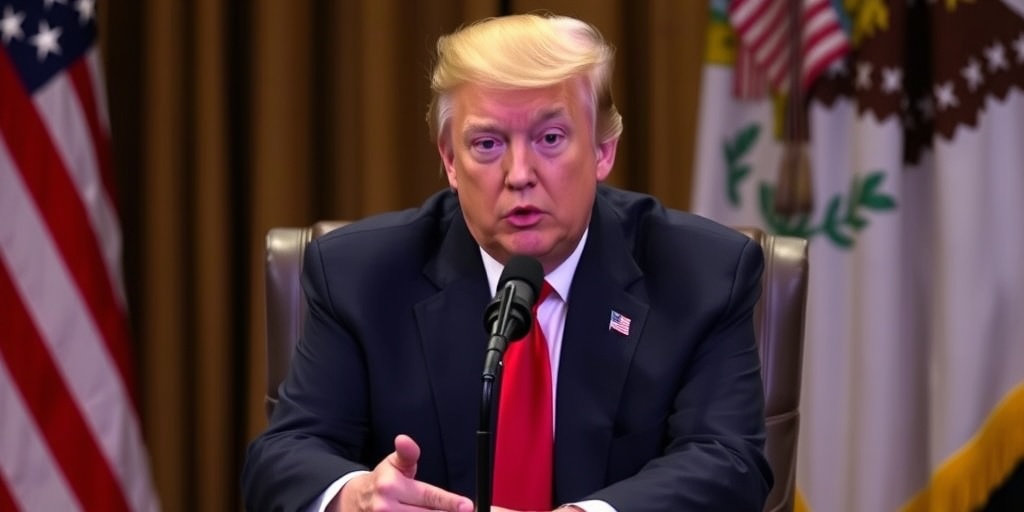Now Reading: DeSantis Embraces ‘Gulf of America’ Terminology Ahead of Trump Directive
-
01
DeSantis Embraces ‘Gulf of America’ Terminology Ahead of Trump Directive
DeSantis Embraces ‘Gulf of America’ Terminology Ahead of Trump Directive

Gov. Ron DeSantis Calls Gulf of Mexico the “Gulf of America” in Executive Order Following Trump’s Inaugural Address
In a significant move that has stirred both amusement and criticism, Florida Governor Ron DeSantis has officially referred to the Gulf of Mexico as the “Gulf of America” in a state executive order. This declaration, made on Monday, follows remarks by former President Donald Trump during his inaugural address, where he expressed intention to rename the body of water.
On the day of the inauguration, Trump captivated audiences with his promise of renaming the Gulf of Mexico to the Gulf of America, a move that many viewed as an emblematic gesture aimed at fostering a sense of nationalism. The audience’s reaction included laughter from notable figures, including Hillary Clinton, the prominent Democratic politician and former Secretary of State, who was present during the event. However, the laughter masked a deeper narrative regarding party loyalties and the fervent attempts by some Republican leaders to appease Trump’s vision.
Seizing the moment, Governor DeSantis did not wait for Trump’s formal action on this promise. Instead, he took matters into his own hands by issuing an executive order that included the controversial name change, showcasing the influence of Trump’s presidency that continues to resonate within the Republican Party. This proactive stance by DeSantis can be interpreted as both a political maneuver and an illustration of how Republican officials may align themselves closely with Trump’s agenda in the ongoing political landscape.
In addition to the name change, DeSantis’s executive order addressed imminent weather threats posed by a brewing winter storm set to impact the Florida Panhandle. The governor declared a state of emergency, underscoring the seriousness of the approaching conditions. His formal proclamation stated, “WHEREAS, an area of low pressure moving across the Gulf of America, interacting with Arctic air, will bring widespread impactful winter weather to North Florida beginning Tuesday, Jan. 21, 2025,” as he outlined the expected icy and hazardous driving conditions that could lead to significant disruptions within the region.
The bold declaration reflects aggressive state leadership during a time of uncertainty, blending the urgency of dealing with a severe weather forecast with political undertones influenced by Trump. It highlights the extent to which DeSantis and other Republican leaders are willing to engage in ideological branding—using terminology that aligns closely with Trump’s populist rhetoric while addressing urgent state issues.
Furthermore, this development raises questions about the implications of such naming conventions on regional identity and cultural significance. The Gulf of Mexico has long held historical and geographical importance and any attempt to alter its nomenclature could evoke strong reactions from residents and stakeholders within the region who have strong ties to the traditional name.
As Trump continues to shape the narrative within the Republican Party, DeSantis’s actions reflect a broader trend of loyalty among party members, who increasingly lean into Trump’s initiatives and symbolism. This type of self-implementation seems to signal an era where gubernatorial decisions may be increasingly intertwined with the narrative established by Trump in his previous presidency. It illustrates the lengths to which members of his party are prepared to go to maintain alignment with his vision—perhaps as part of a strategy to curry favor for future electoral success.
Critics of the name change may argue that it trivializes the rich history associated with the Gulf of Mexico and that such decisions should not be made frivolously. They contend that beyond mere semantics, the name of a national waterway represents a significant aspect of the identity and heritage of the regions surrounding it, and changing it at the behest of political symbolism could lead to confusion and resentment.
Ultimately, DeSantis’s choice to rename the Gulf reflects the tensions and dynamics of contemporary American politics, where even the most seemingly mundane aspects of governance, like naming a geographic body of water, become intertwined with political strategy and identity. As the situation unfolds, it will be essential to observe how constituents react to this change and what further actions may be taken by DeSantis and other Republican leaders as they navigate the political landscape shaped by Trump’s lasting influence.
Stay Informed With the Latest & Most Important News
Previous Post
Next Post
Previous Post
Next Post
-
 01New technology breakthrough has everyone talking right now
01New technology breakthrough has everyone talking right now -
 02Unbelievable life hack everyone needs to try today
02Unbelievable life hack everyone needs to try today -
 03Fascinating discovery found buried deep beneath the ocean
03Fascinating discovery found buried deep beneath the ocean -
 04Man invents genius device that solves everyday problems
04Man invents genius device that solves everyday problems -
 05Shocking discovery that changes what we know forever
05Shocking discovery that changes what we know forever -
 06Internet goes wild over celebrity’s unexpected fashion choice
06Internet goes wild over celebrity’s unexpected fashion choice -
 07Rare animal sighting stuns scientists and wildlife lovers
07Rare animal sighting stuns scientists and wildlife lovers





















